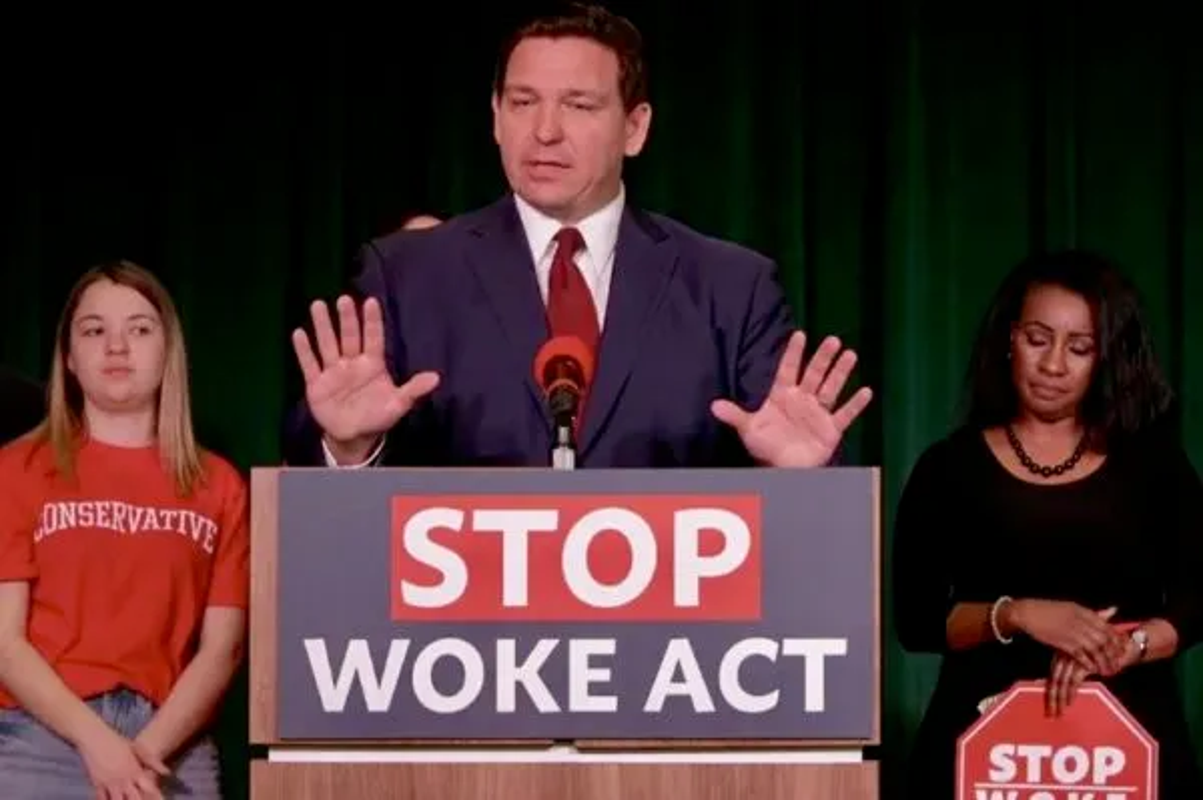TALLAHASSEE, Florida — A sweeping new law championed by Governor Ron DeSantis is reshaping the academic landscape at Florida’s public universities, with significant repercussions for both faculty and students. The law, which aims to eliminate so-called “woke ideologies” from the state’s higher education system, has led to the removal of hundreds of general education courses, including those focused on women in literature, sociology of gender, and social geography. While the courses are not being outright banned, they are no longer counted toward general education requirements, effectively relegating them to elective status and jeopardizing their future availability.

For universities like the University of Florida (UF), Florida State University (FSU), and Florida International University (FIU), this represents a seismic shift. Programs that once helped propel these institutions from regional schools into top-tier research centers now face uncertainty. One person close to the situation noted, “It’s very sad. A lot of really smart, committed professors and deans improved UF from basically a backwater school 40 years ago to a top research institution through their commitment and passion, and DeSantis is really jeopardizing that.”
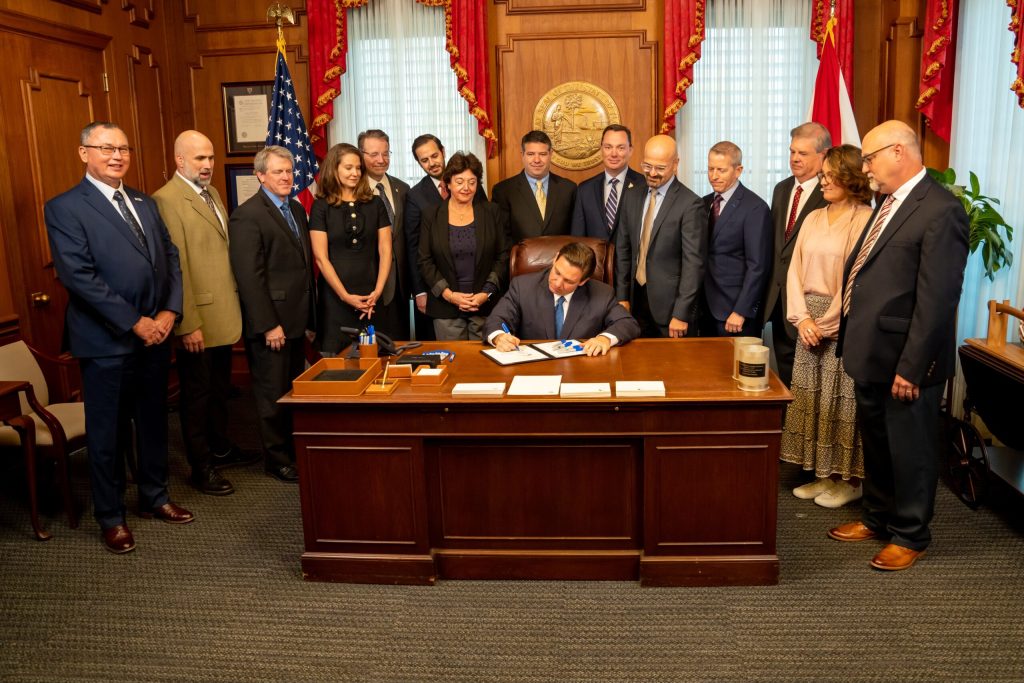
The law was pushed by DeSantis as part of a broader conservative agenda aimed at purging higher education of what he terms “identity politics.” Under the new guidelines, any courses perceived to promote ideas surrounding gender, race, and other social issues have been targeted. For example, classes like Anthropology of Race & Ethnicity, Sociology of Gender, and Women in Literature have been stripped from the general education curriculum. This, in turn, limits exposure for students who may have been interested in these subjects but are now discouraged from pursuing them due to their diminished relevance in fulfilling graduation requirements.
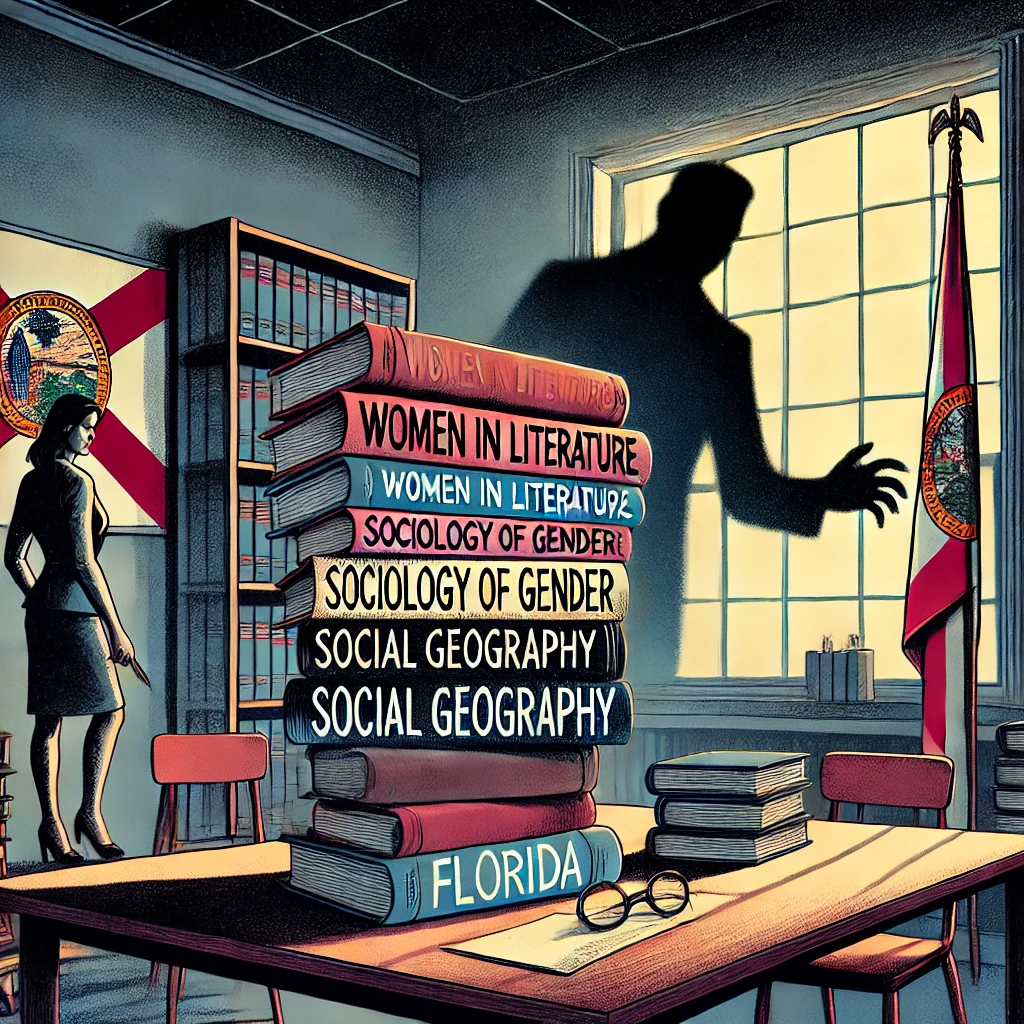
For professors, the consequences are not just academic but personal. Many faculty members feel that years of work developing specialized courses and research are being erased. At FIU, faculty members, supported by organizations such as PEN America and the American Association of University Professors, have raised concerns that the state’s heavy-handed approach is infringing on academic freedom and university autonomy.
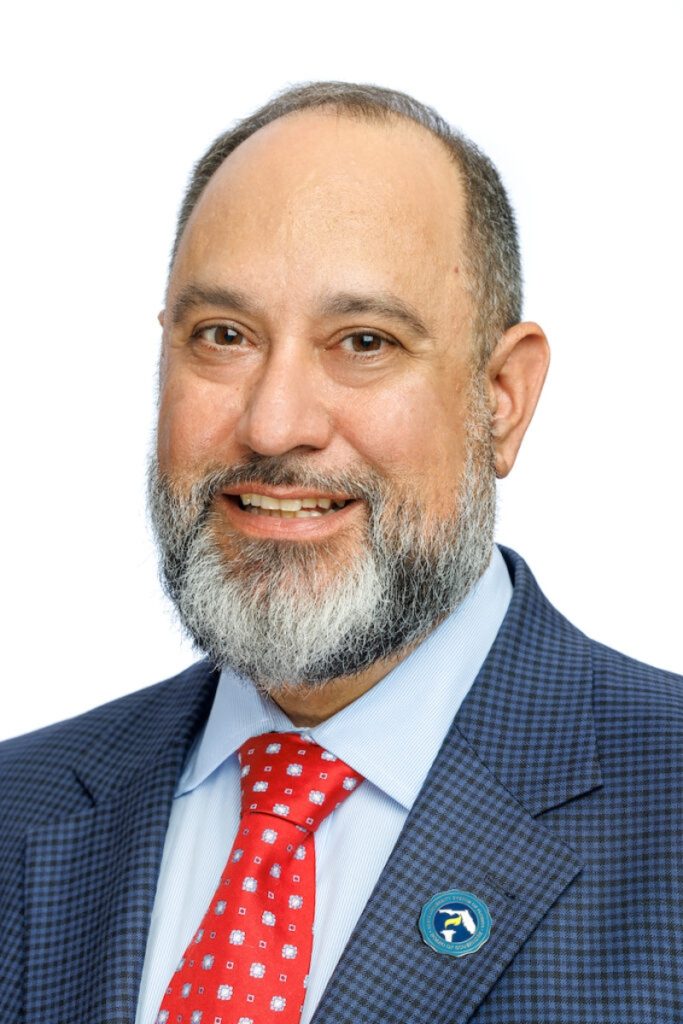
The state, however, sees the situation differently. Ray Rodrigues, the Chancellor of the State University System of Florida, defended the changes by pointing out that while the courses may no longer count toward general education requirements, they are still available as electives. “An infringement on academic freedom would be to say this course can’t be offered at the university,” Rodrigues said in an interview. “No one has said that in any of these scenarios.”
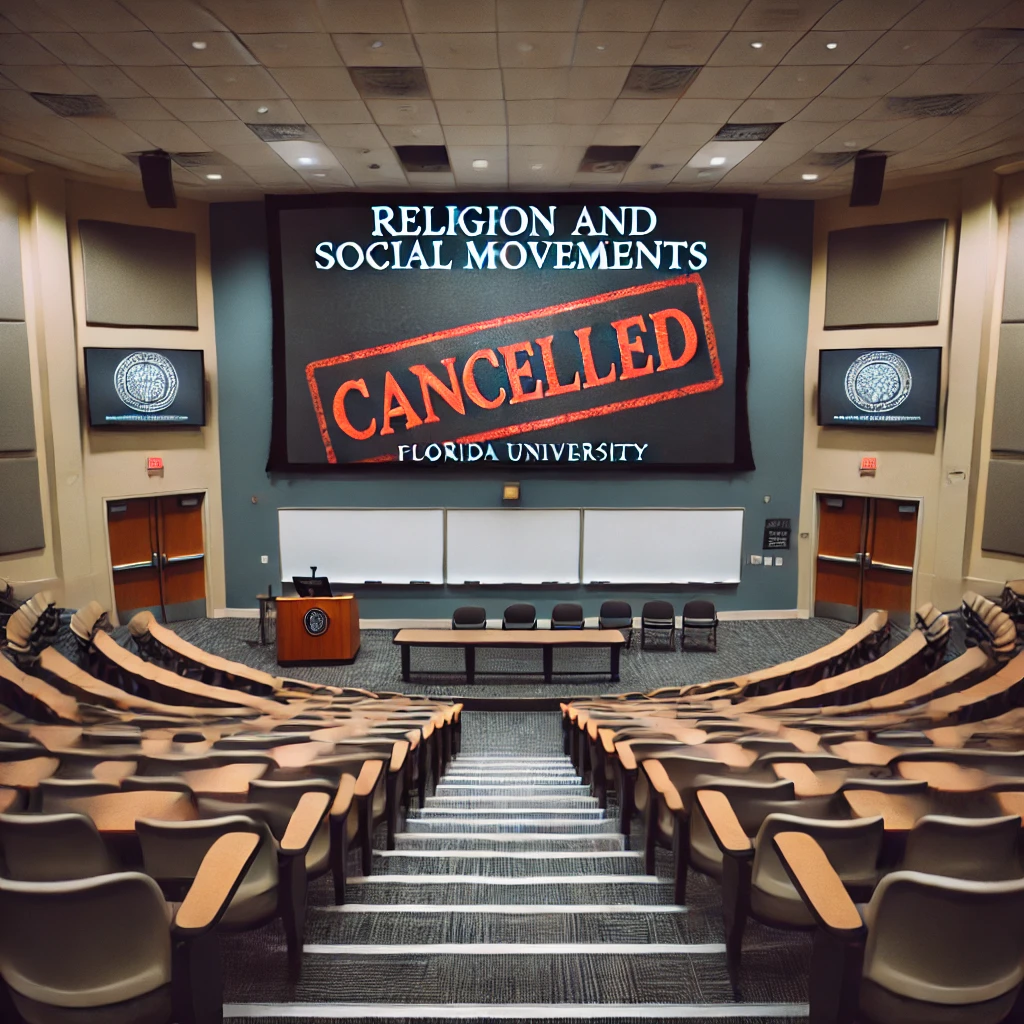
While the state’s rationale may offer some reassurance, professors argue that reducing these courses to electives effectively diminishes their significance and limits the number of students likely to enroll in them. One professor at UF remarked that the course she teaches, Religion and Social Movements, which covers the role of religion in shaping societal change, will no longer fulfill a general education requirement. “That basically kills that class,” she said.
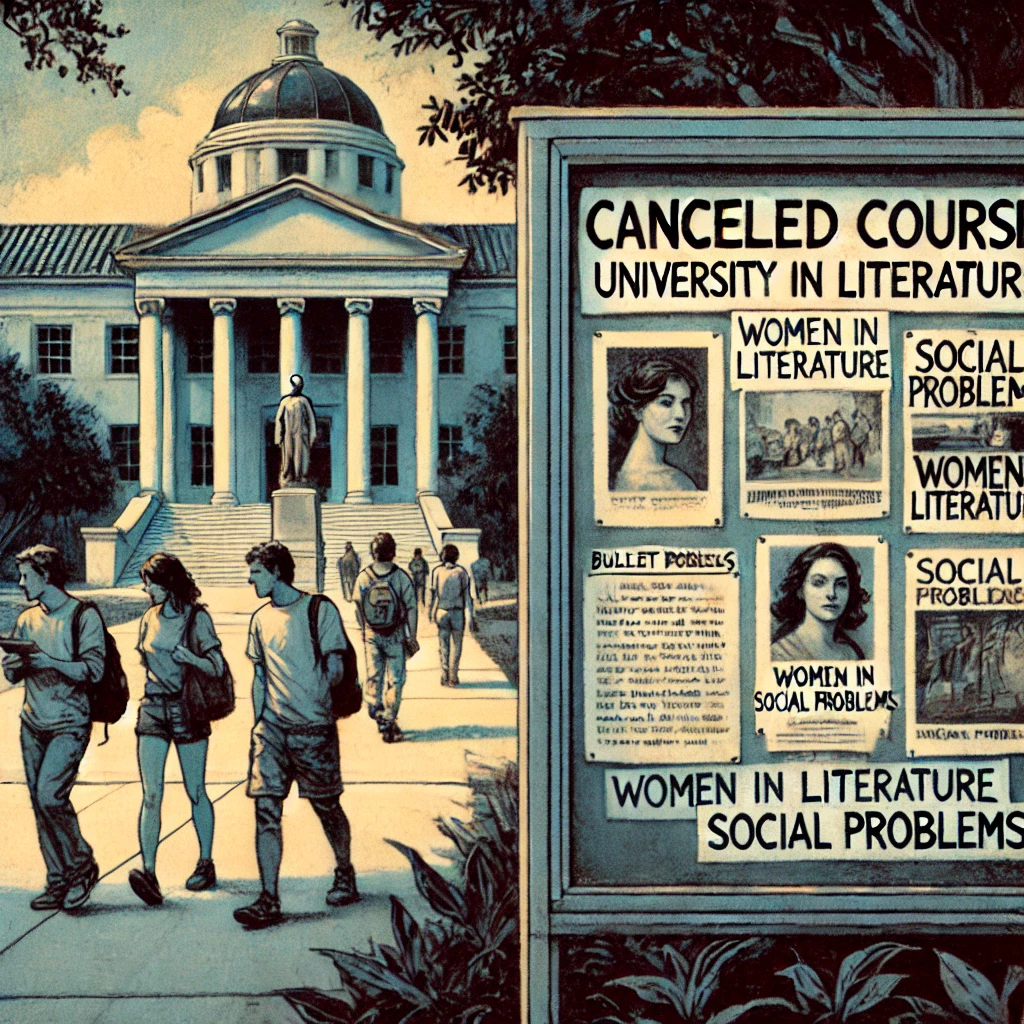
The situation has prompted faculty members to consider creative workarounds to keep important topics in the curriculum. One suggestion was to rename courses to skirt censorship, such as changing Gender in Shakespeare’s Plays to Women and Men in Shakespeare or Women and the Law to Coverture and its Effects on the Legal System. “I bet the censors aren’t actually reading the syllabi,” noted one source.

This is not just about academic offerings. The effects of the law may soon extend to faculty retention, as many professors fear that the growing influence of political appointees in curriculum development could deter academics from wanting to teach in Florida. Departments that cannot rely on accreditation standards for protection, such as those outside of medicine, are particularly vulnerable. While UF’s medical school has managed to push back on certain aspects of the law by citing accreditation requirements that mandate culturally sensitive education for future doctors, other disciplines are left without similar defenses.
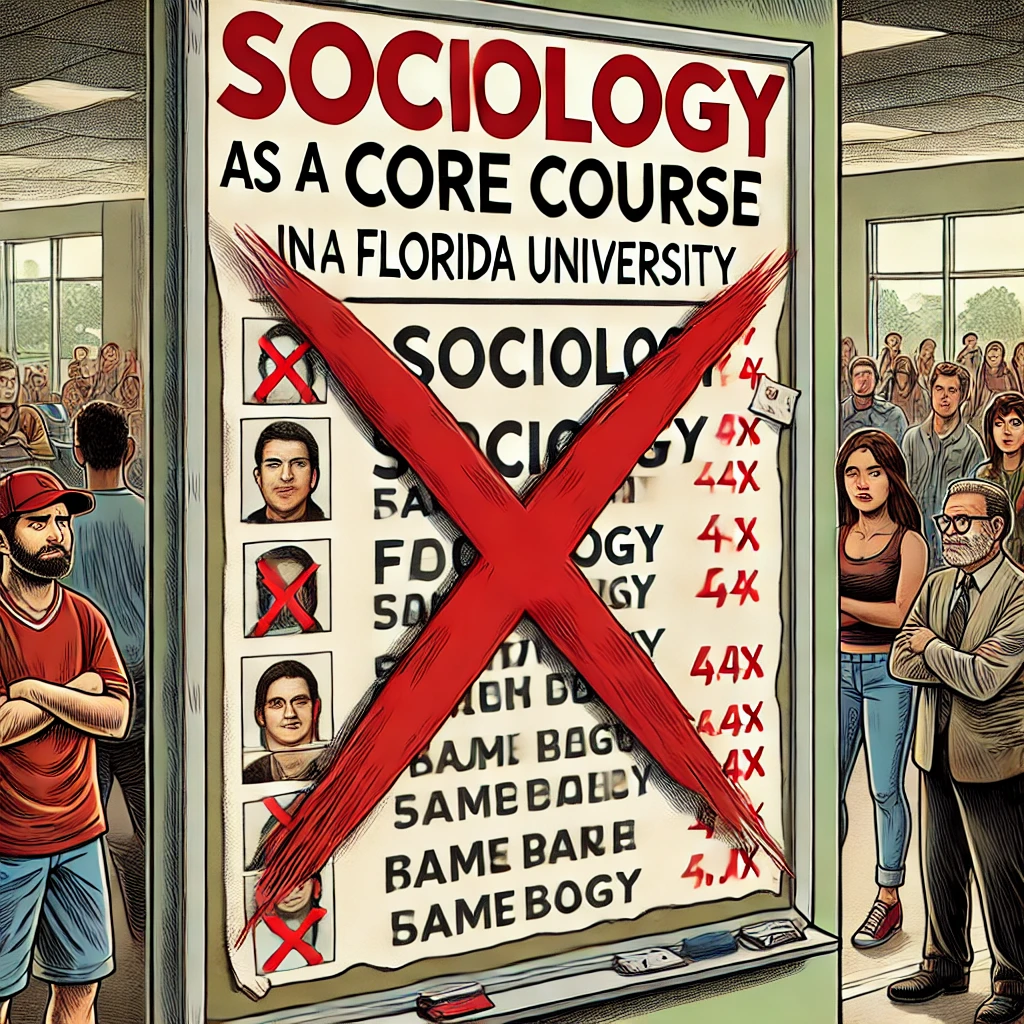
As the political battle over higher education intensifies in Florida, many fear that this is only the beginning. The state’s aggressive push to reshape universities in line with DeSantis’s vision of what education should be has already led to the removal of sociology as a core course, the adoption of stringent post-tenure reviews, and prohibitions on spending tied to diversity, equity, and inclusion programs.

For professors and students alike, the fear is that this shift could ultimately undermine the state’s universities’ hard-won reputations and academic autonomy. In the words of one professor who asked for anonymity, “Curriculum review is always bad, but having it done by political minions of the governor is unlikely to end well.” As universities across Florida grapple with the fallout, it remains to be seen just how far-reaching the consequences will be.

